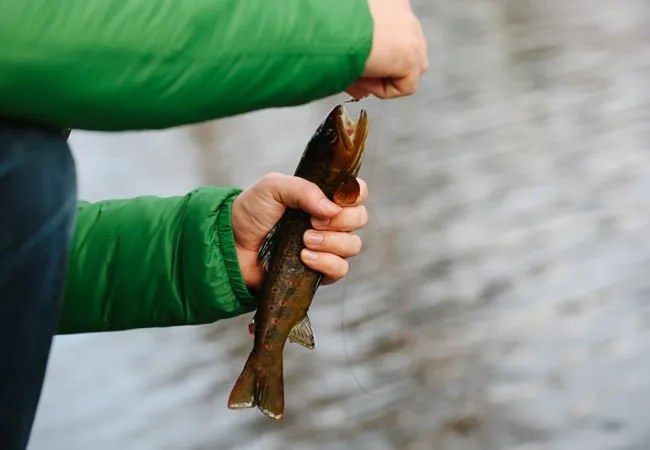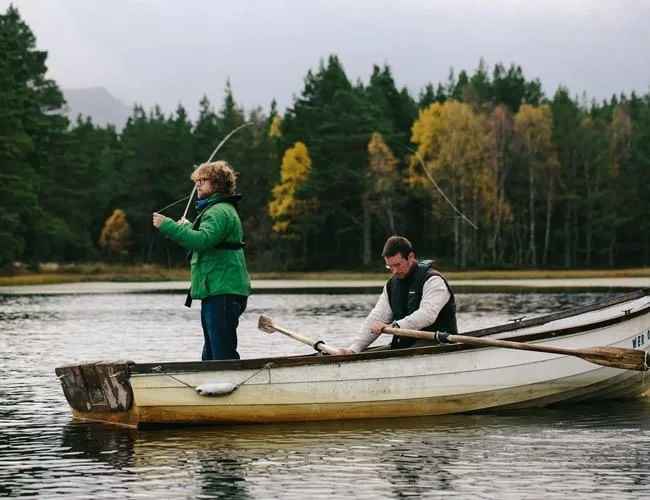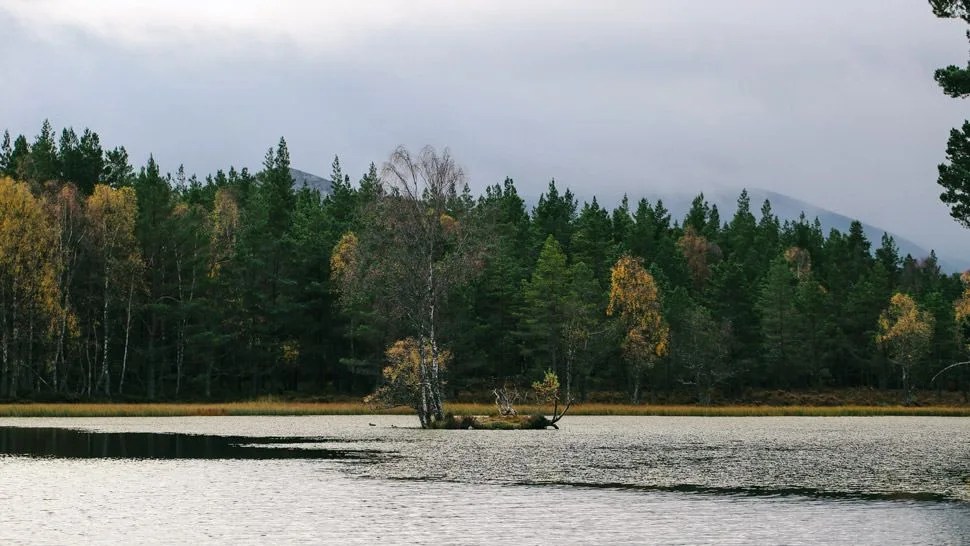I am going to tell you something now. Fish speak to me. Don’t stop reading because it seems strange. It’s not anything odd; usually, it’s useful. A salmon was the first person to remind me that one day I would die. He yelled it to me as I floundered after him into deep, fast water, just after my waders began filling and just before my father snatched me up onto the bank. A fat, fresh rainbow in California once embarrassed me in front of a few local fishermen by pointing out — cheekily — that I hadn’t successfully de-barbed my hook as law and a universal code of respect between fishermen required. These were all short conversations, but they were important ones.

Then there were the prolonged relationships. At Penn State my favorite professor was a brown trout about ten inches long. He held class in the same spot a few feet off the bank in the clear waters of little Spring Creek, filled to the brim with other native browns, for as long as I fished there. I’d start every outing practicing my dry fly presentation on him — he’d critique me. On the one or two casts that were really good out of the thousands I spent on him, he canted up, pointed his nose at my fly, and floated a few inches below it in the current, noodling his pectorals to stay perfectly beneath it. “Ah, my boy”, he said at the end of each of those drifts as he pulled away and cruised back to his comfortable resting spot without making a move for the fly, “just so. That was very nearly it. See me in my office hours next week and we’ll try again.”

But the prof had long faded from my memory when I made my first cast into the placid water in Cairngorms National Park, Scotland. What we were fishing was either a small lake or a large pond. It did not seem deep; in the center was a small swampy-looking patch accented by a withered and half-submerged tree. On our end of the lake-pond, the banks were open and showed the place’s age: tree trunks thick and surrounded by open ground and some tall grass lent the whole place a worn, worked-over feeling. So did the water, mirrored sheen protecting its color, which didn’t appear muddied by movement but rather by a stagnant saturation of silt. Forest blanketed the area around the lake-pond, big pines away toward the hills and mountains, young scrub back toward the estate. All was a deep green and a warm, bright brown.
That pond seemed more of a gentle disappointment than anything else. I’d been a snob, wanting to fish the nearby River Spey with a big two handed rod, but salmon were out of season, we weren’t able to get a guide to fish it for trout, and it was not to be. So we got this, a pretty body of water owned by an ancient Scottish estate that was supposedly full of monster browns.
My presentation had long gone to shit and it’d been years since my last lesson from the finned prof. My mind was on my cast: 10 o’clock, 2 o’clock, arm on the shelf like legendary caster Lefty Kreh once told me (“your cans are sliding off the end!” he’d yell when I lost parallel to the ground). I was caught in a tree early on, then bit off too much line and lost my backcast in the weeds. But after shortening my line and getting things untangled I could feel the casting stroke coming back to me again — working the cork handle, thumb pointing straight ahead, working the line through the air with a hiss. I wasn’t putting on a clinic by a long shot, but my tailing loop wasn’t catastrophic. It felt good.

